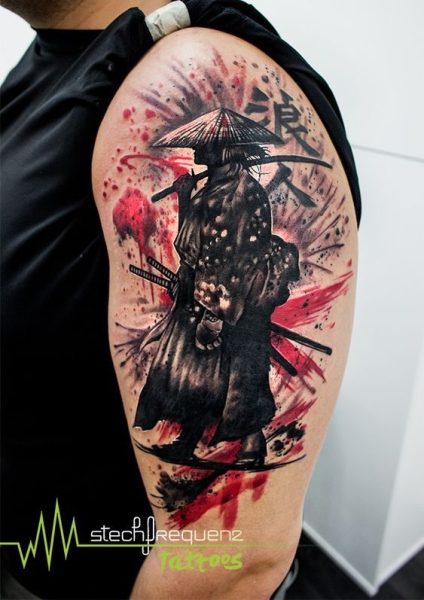
Martial arts tattoos have transcended being mere body art; they’ve become emblems of honor, dedication, and personal philosophy. Each stroke of ink tells a story, reflecting the wearer’s journey through discipline, skill, and tradition. In this article, we delve into the profound symbolism behind martial arts tattoos, unraveling their significance beyond the surface.
The Historical Roots:
Martial arts and tattoos share a deep-rooted history, intertwining cultural practices and spiritual beliefs. From the ancient Polynesian warriors’ intricate designs to the Japanese Irezumi tradition, tattoos have served as symbols of strength, protection, and identity. Similarly, martial arts disciplines like karate, judo, and taekwondo carry centuries-old legacies, blending physical prowess with mental fortitude.
Symbolism in Design:
Every element of a martial arts tattoo holds symbolic weight, reflecting the wearer’s journey and aspirations.
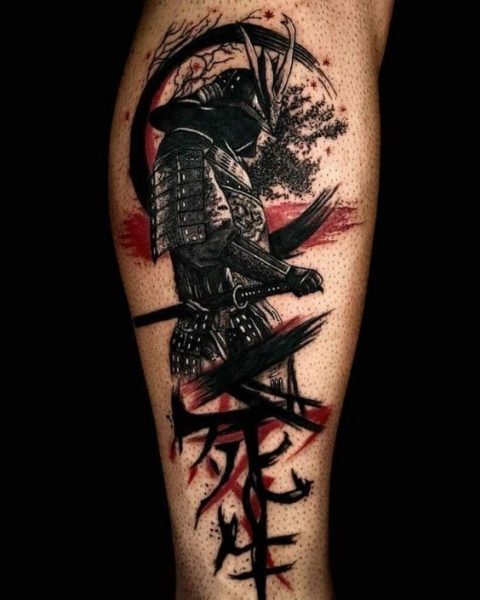
The dragon, a common motif in Chinese martial arts, represents power, wisdom, and the balance of opposing forces. Meanwhile, the lotus flower, prevalent in Japanese martial arts, symbolizes purity, resilience, and spiritual growth amid adversity. From the disciplined strokes of calligraphy to the intricate patterns of kamon (family crests), each design choice speaks volumes about the wearer’s values and principles.
Personal Journey and Transformation:
Beyond their aesthetic appeal, martial arts tattoos serve as tangible markers of personal growth and transformation.
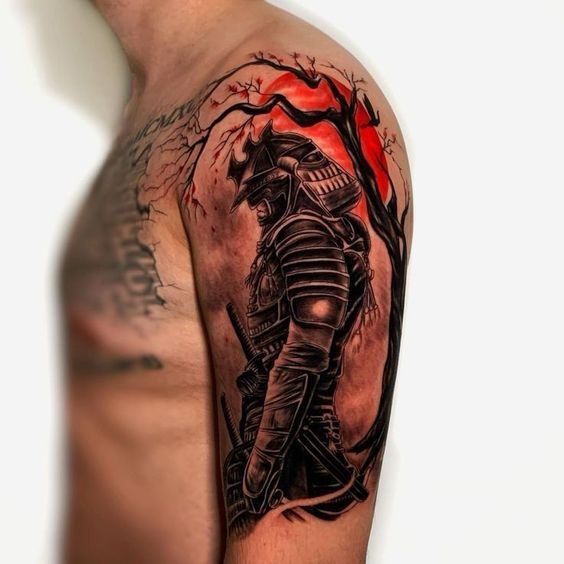
For many practitioners, getting inked is a rite of passage, commemorating milestones such as achieving a black belt or mastering a particular technique. These tattoos become living testaments to resilience, discipline, and the unwavering pursuit of excellence.
Community and Camaraderie:
Martial arts tattoos also foster a sense of community and camaraderie among practitioners. Whether it’s the shared admiration for a revered master or the bond forged through rigorous training, these tattoos serve as visual cues of belonging and mutual respect. In martial arts schools around the world, seeing fellow students adorned with similar tattoos can inspire solidarity and a sense of belonging to a larger tradition.
Expression of Philosophy:
Beyond their physical prowess, martial artists often embody a philosophy of balance, harmony, and self-improvement.
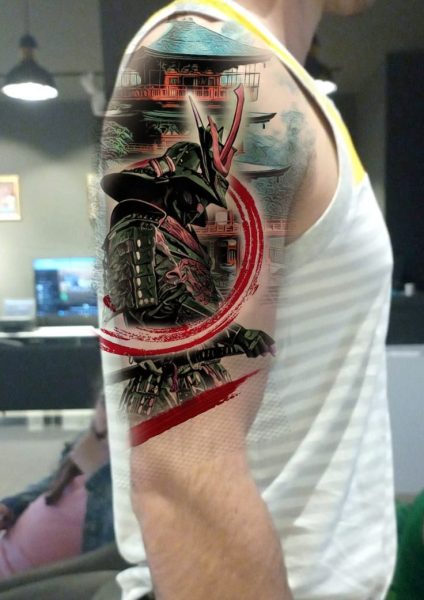
Tattoos serve as outward expressions of these deeply-held beliefs, encapsulating concepts such as the Taoist principle of yin and yang or the Bushido code of honor and loyalty. By wearing these symbols on their skin, practitioners not only pay homage to their chosen discipline but also strive to embody its core tenets in their daily lives.
Challenges and Controversies:
While martial arts tattoos hold profound meaning for wearers, they are not without controversies. In some cultural contexts, tattoos may carry negative connotations or be perceived as symbols of rebellion. Additionally, concerns arise regarding cultural appropriation when individuals outside the respective traditions adopt martial arts tattoos without understanding their cultural significance.
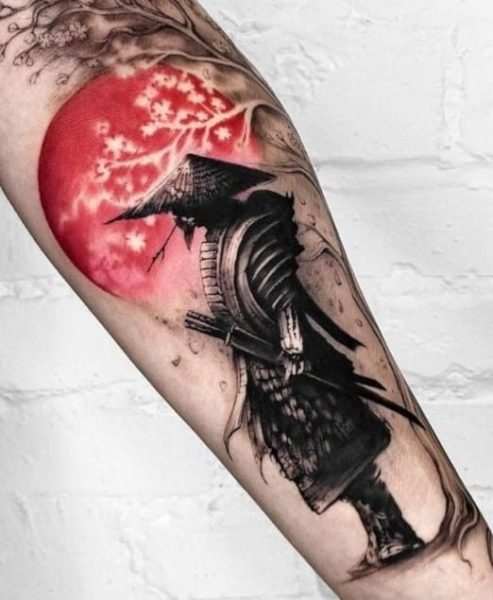
It’s essential for wearers to approach these tattoos with respect, understanding, and a deep appreciation for the cultures from which they originate.
Conclusion:
Martial arts tattoos are more than just ink on skin; they’re living embodiments of tradition, discipline, and personal philosophy. Each stroke tells a story of resilience, dedication, and the unyielding pursuit of excellence. By exploring the symbolism behind these tattoos, we gain insight into the rich tapestry of martial arts traditions and the profound impact they have on individuals and communities worldwide.





